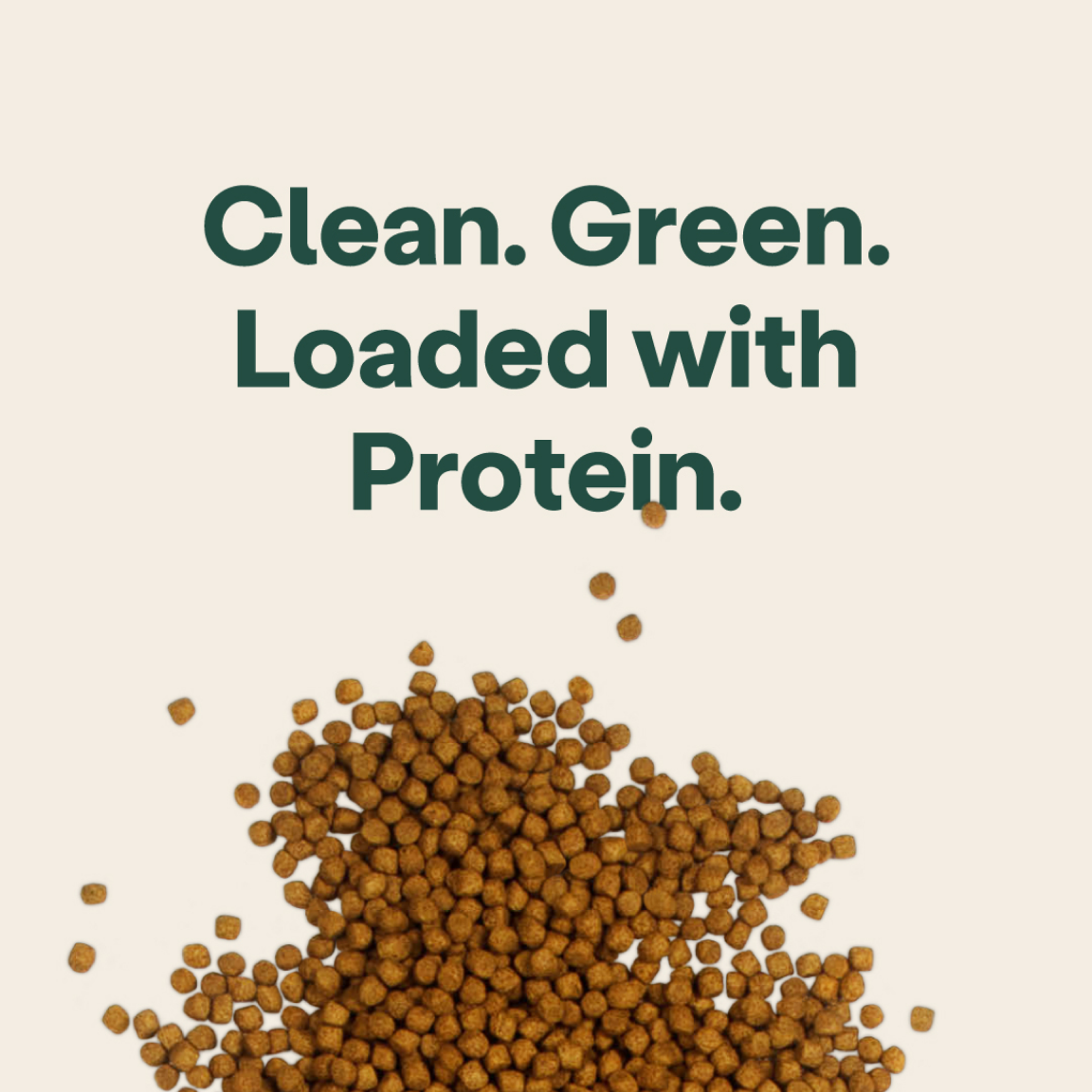3 Pack - Superfood Dog Treats with Koji (5 oz per bag)
[product.metafields.smart.subtitle]
Pairs well with:
Description
Ingredients that won’t disappoint, give your pup a snack that is irresistible and healthy.
Ingredients Performance Formula
Ingredients Performance Formula
Drool-Worthy Flavor Profile
Drool-Worthy Flavor Profile
Guaranteed Analysis
Guaranteed Analysis
Happiness Guarantee
Happiness Guarantee








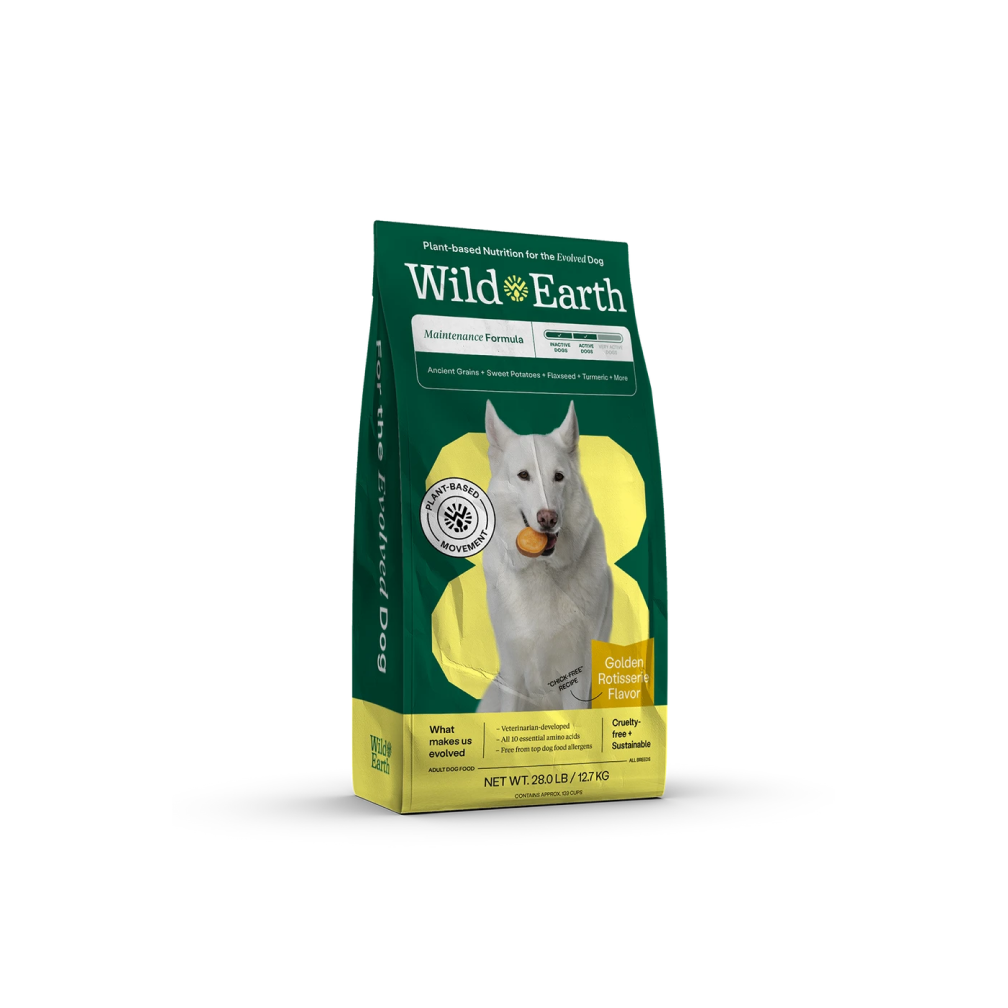
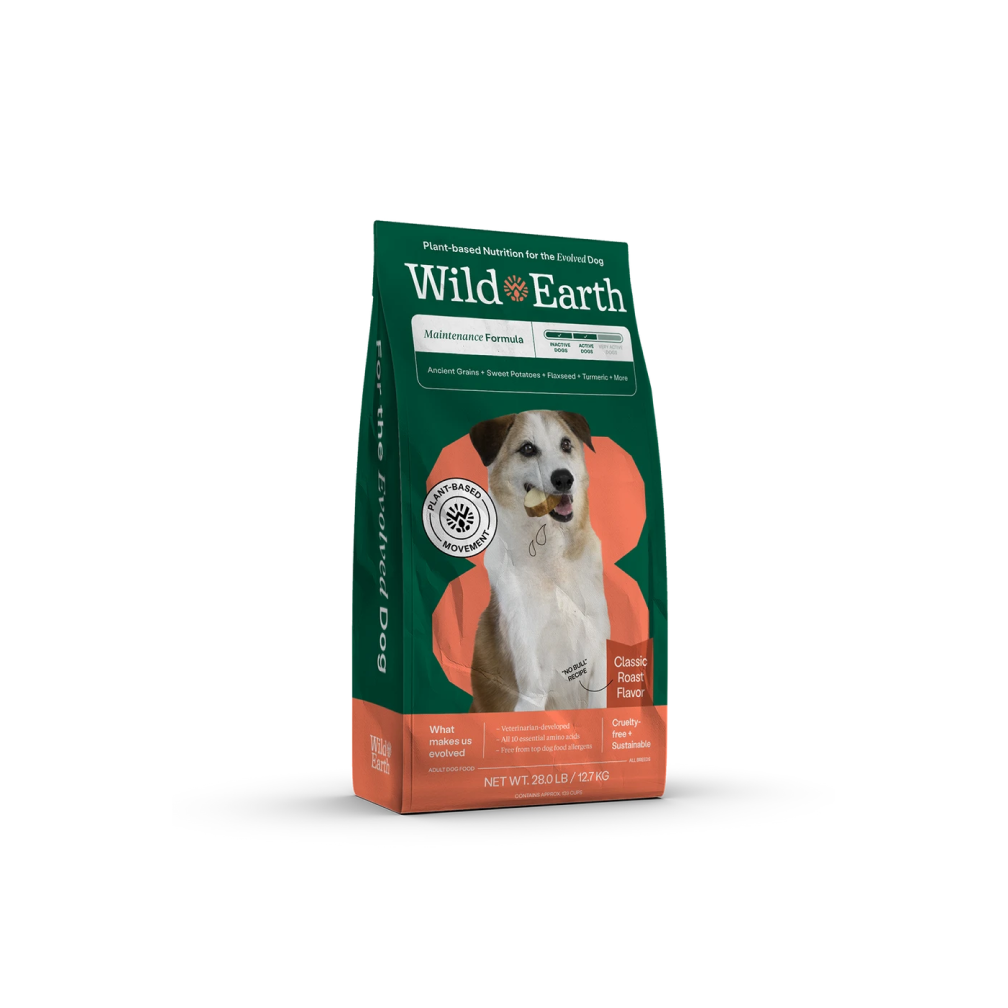
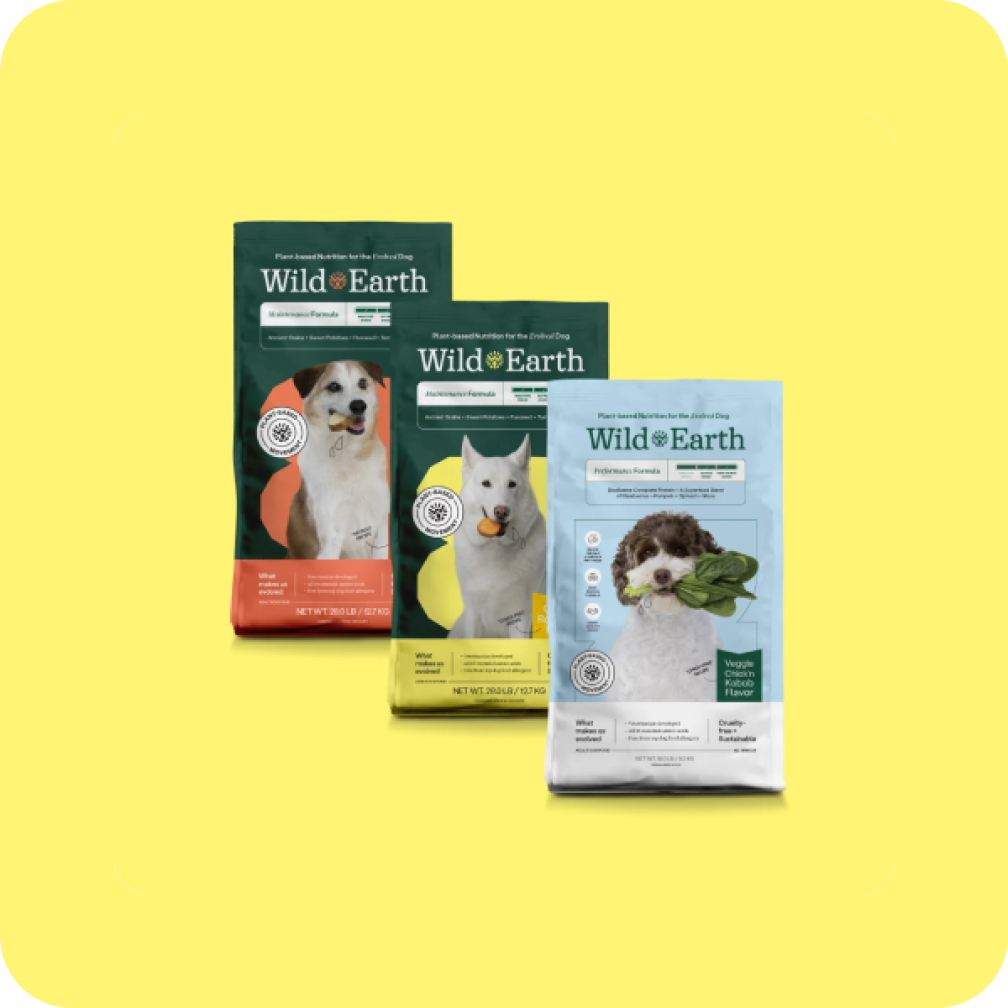
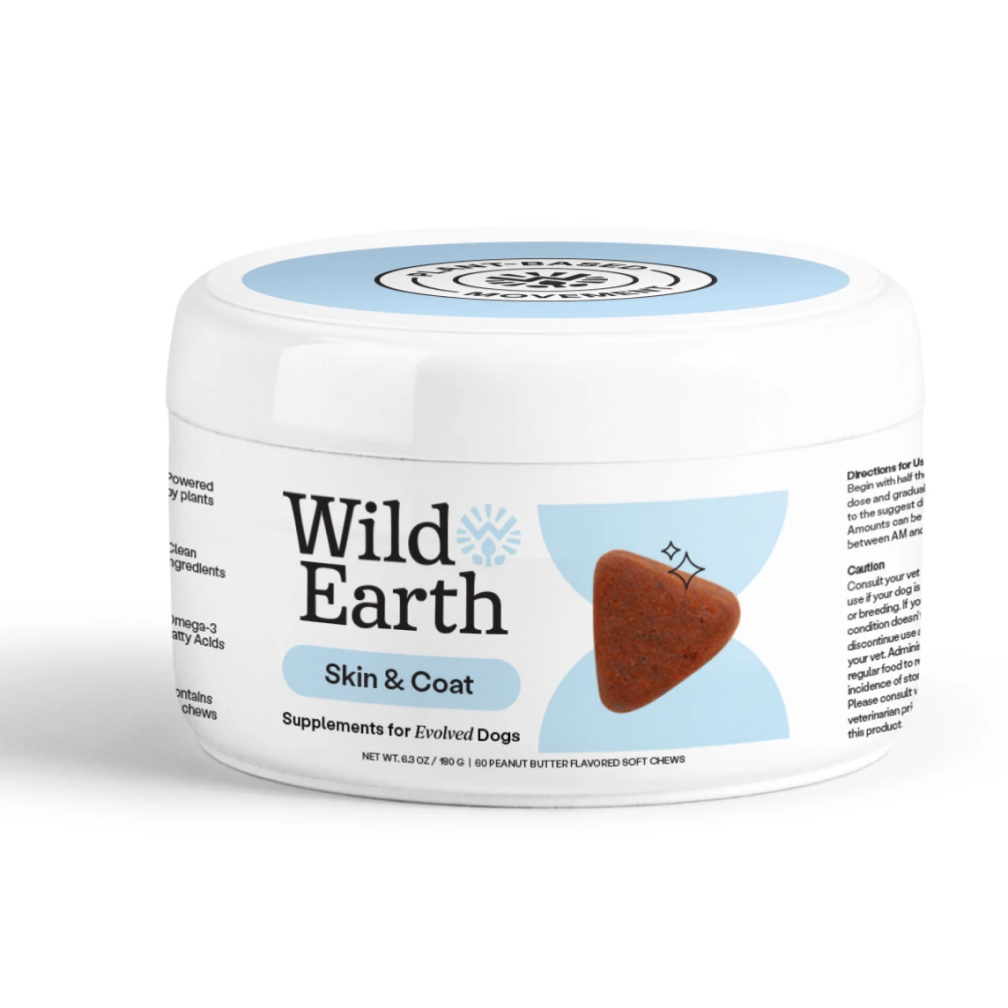
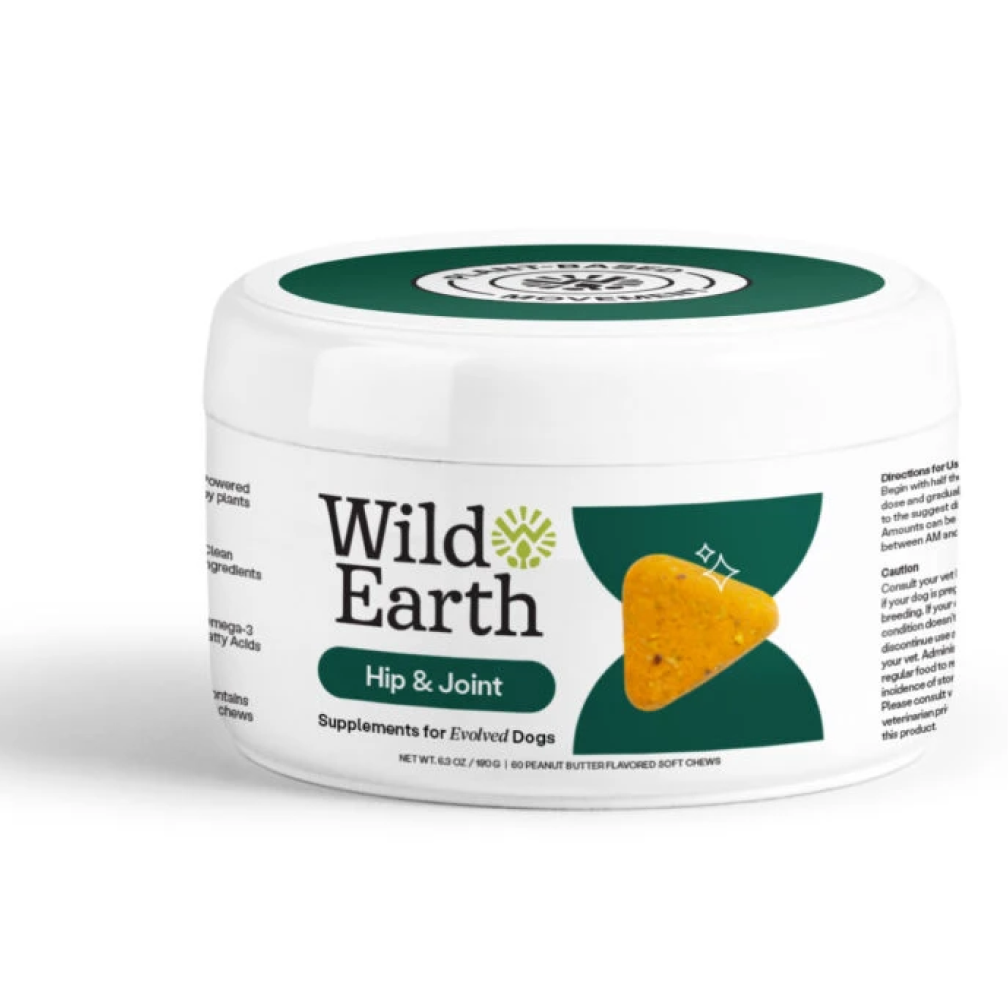
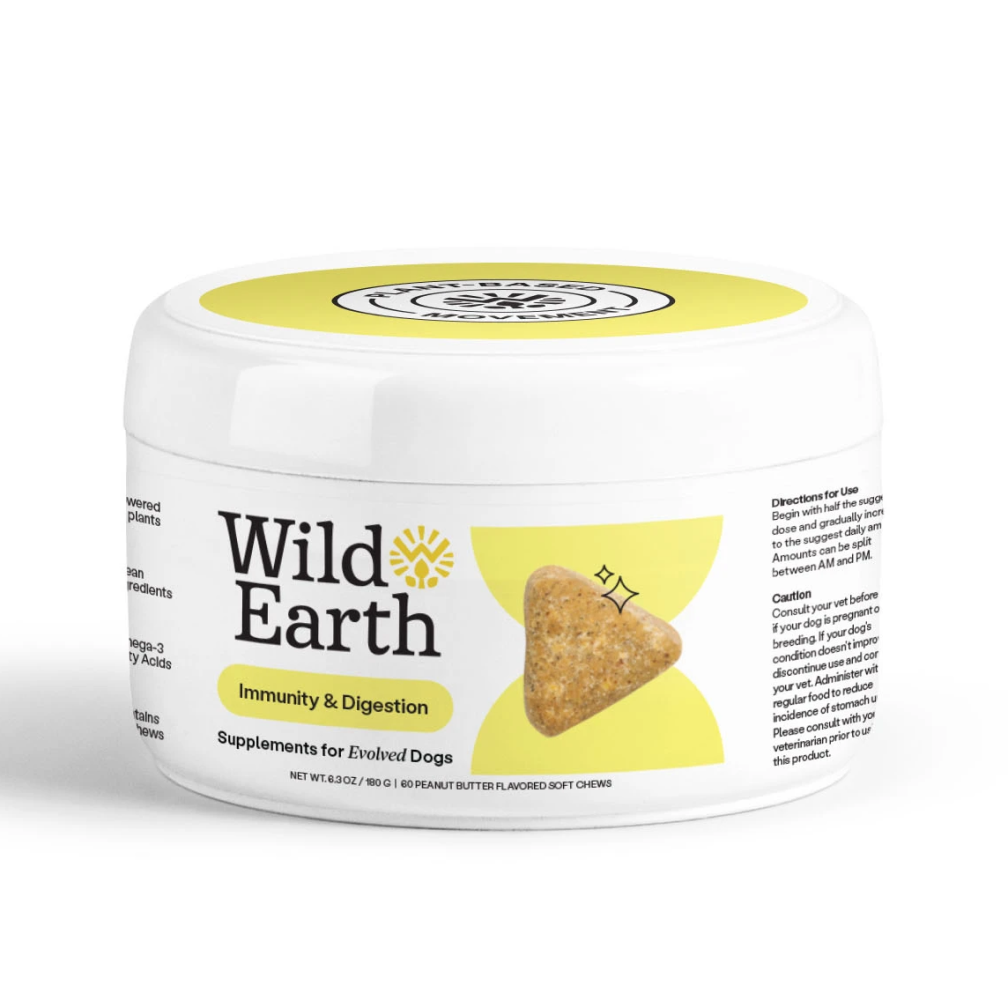
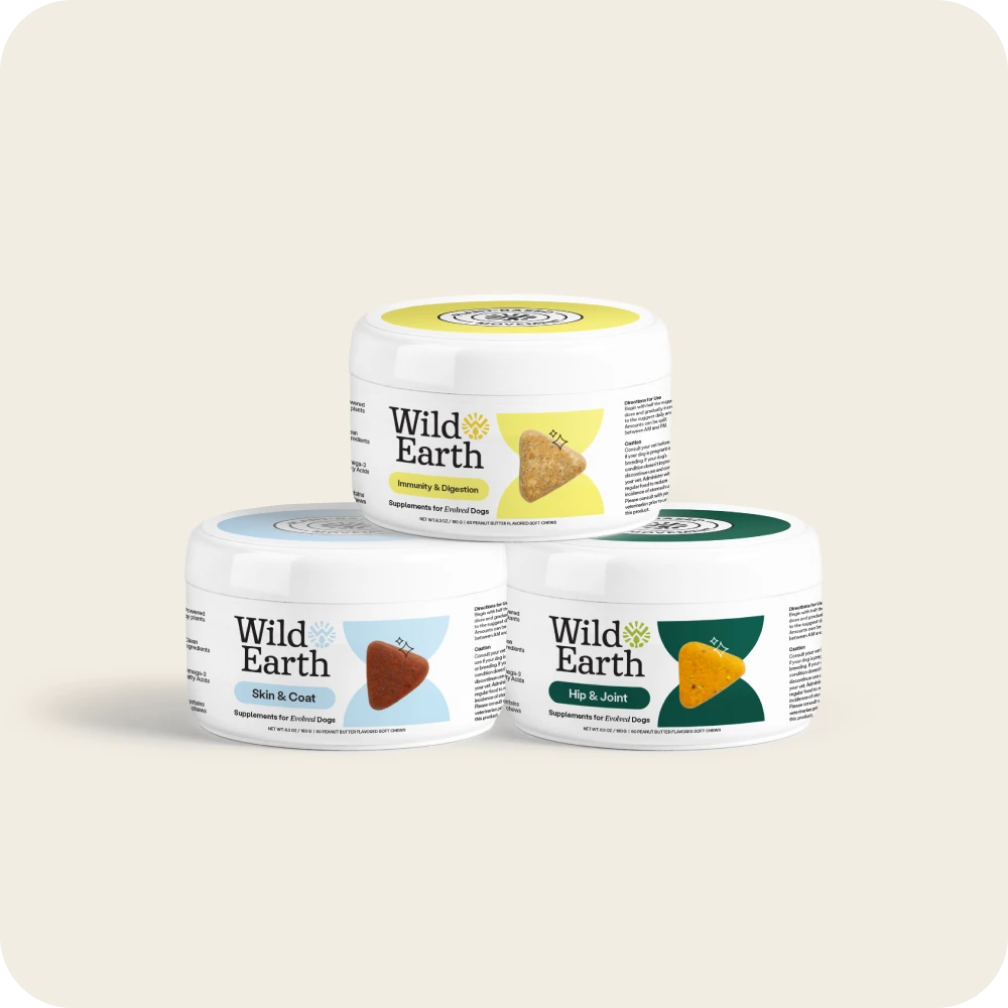
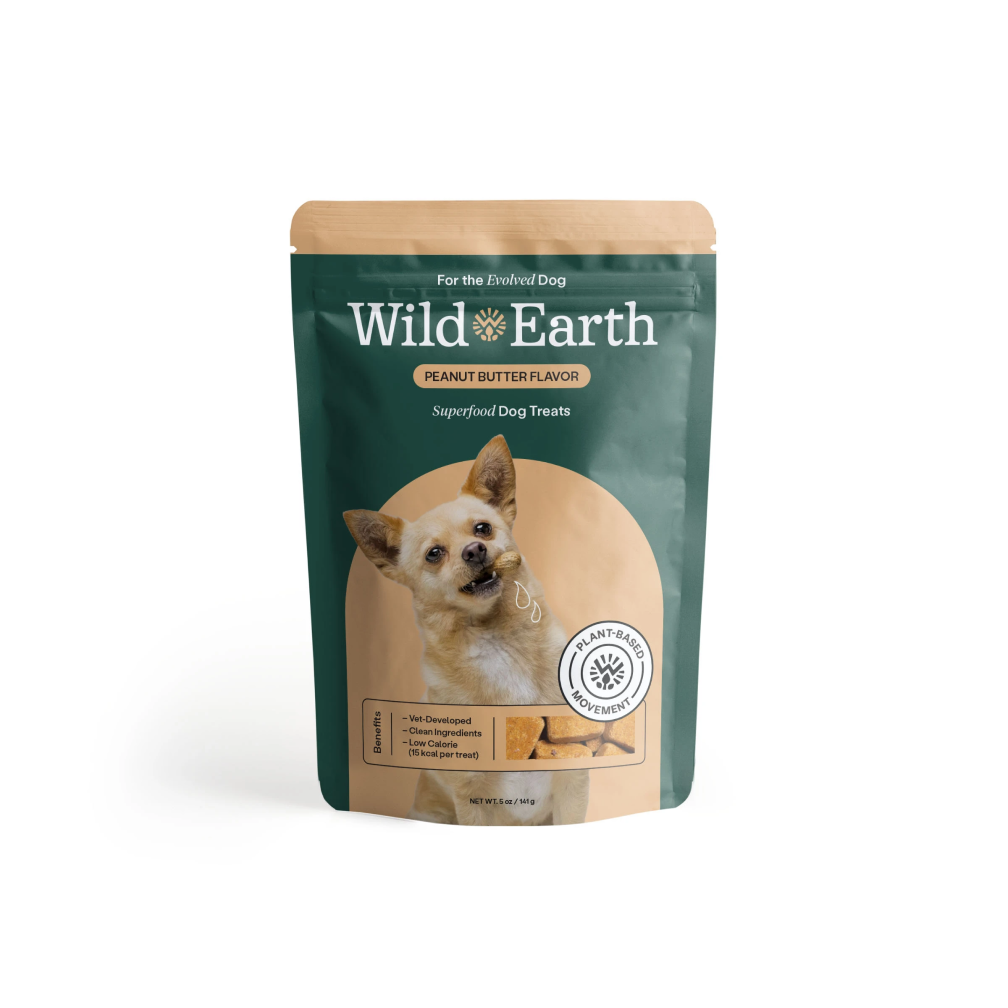
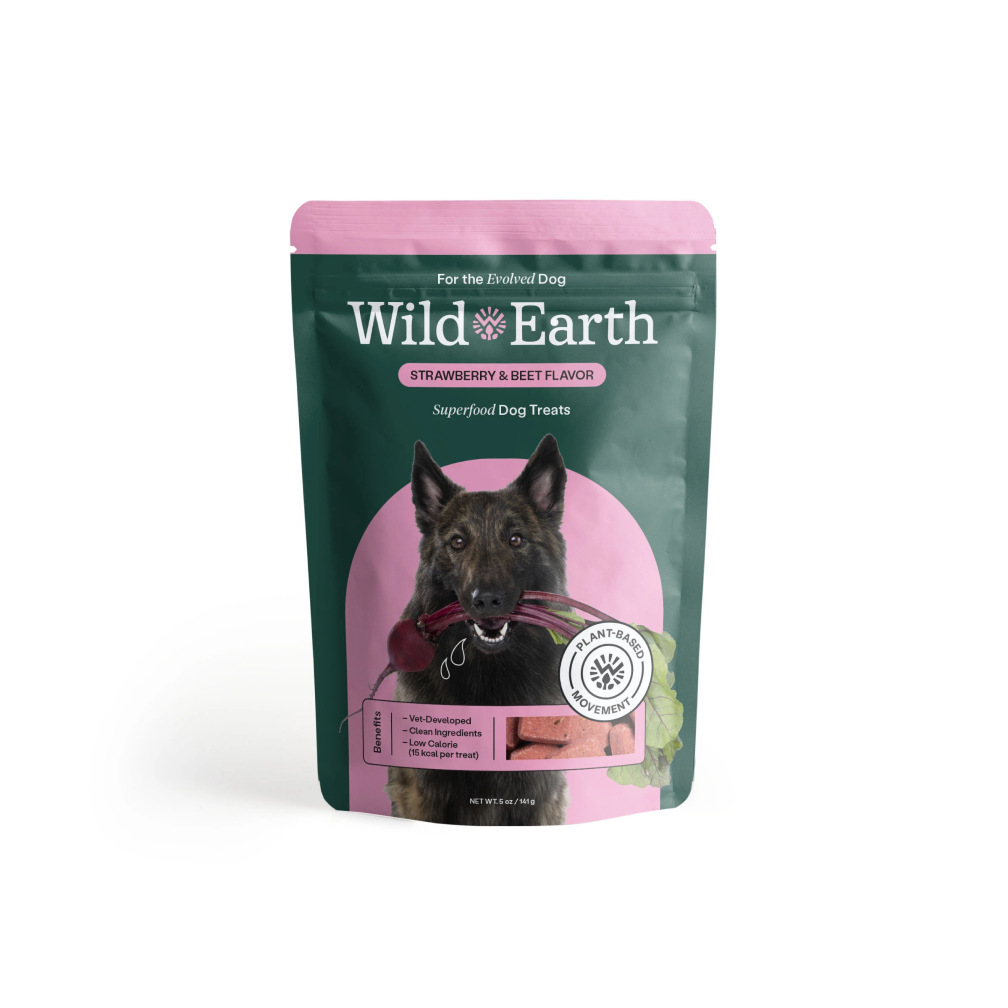
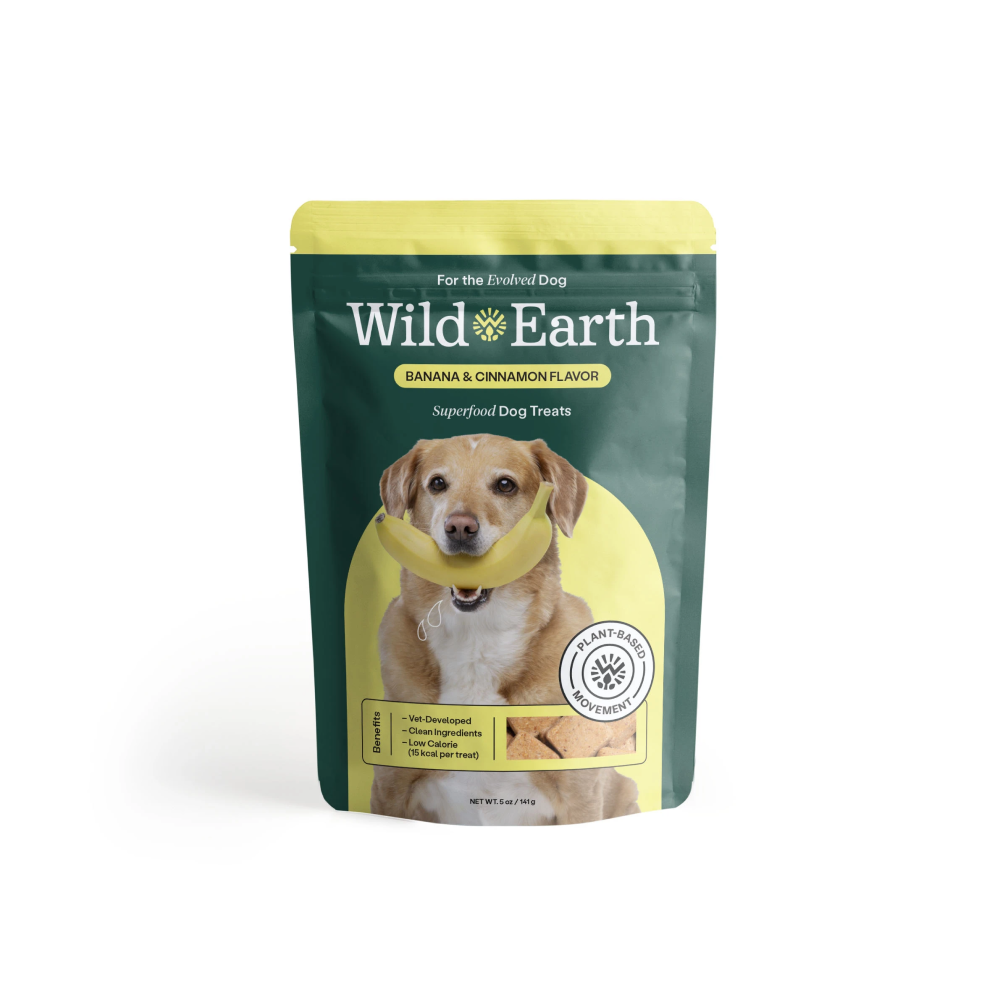
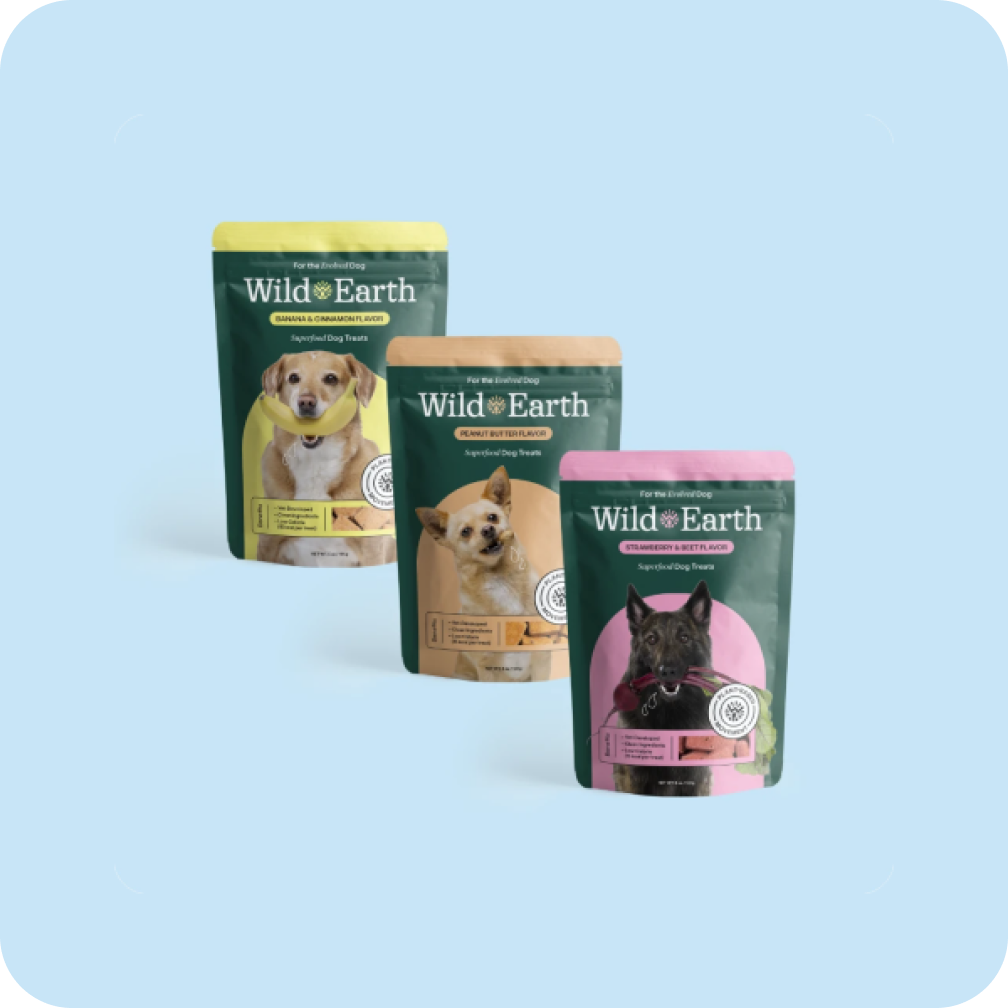
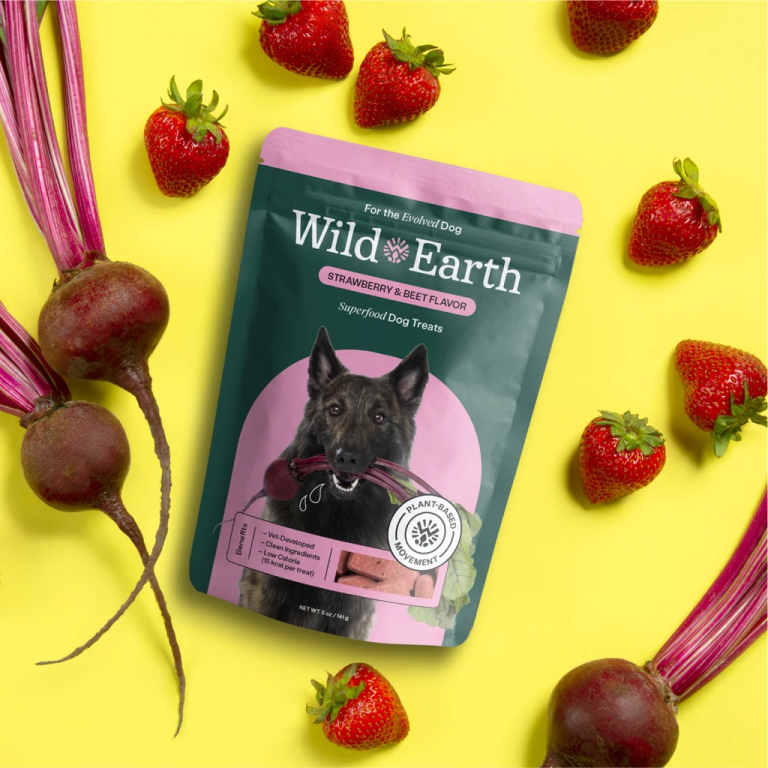
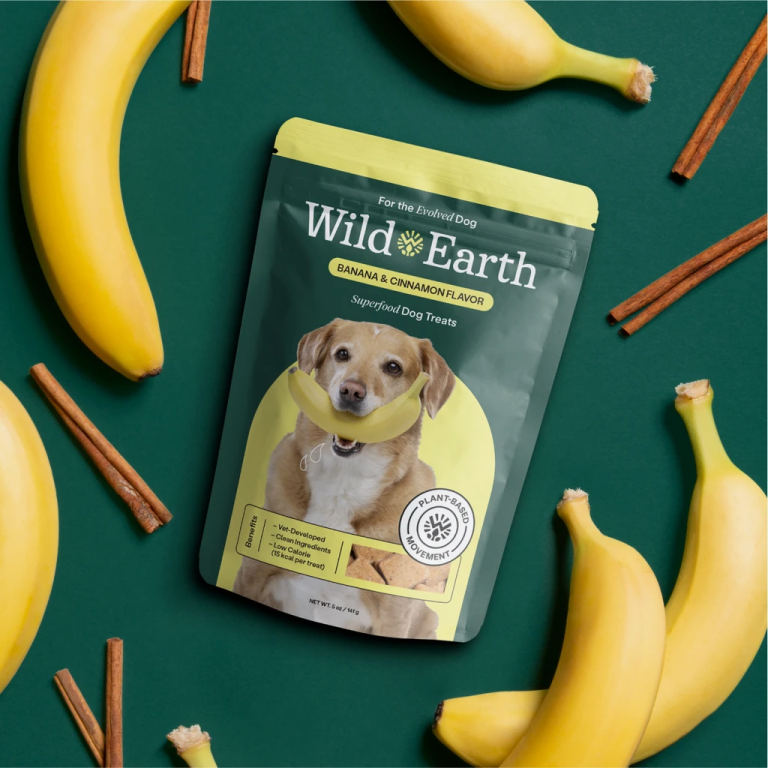
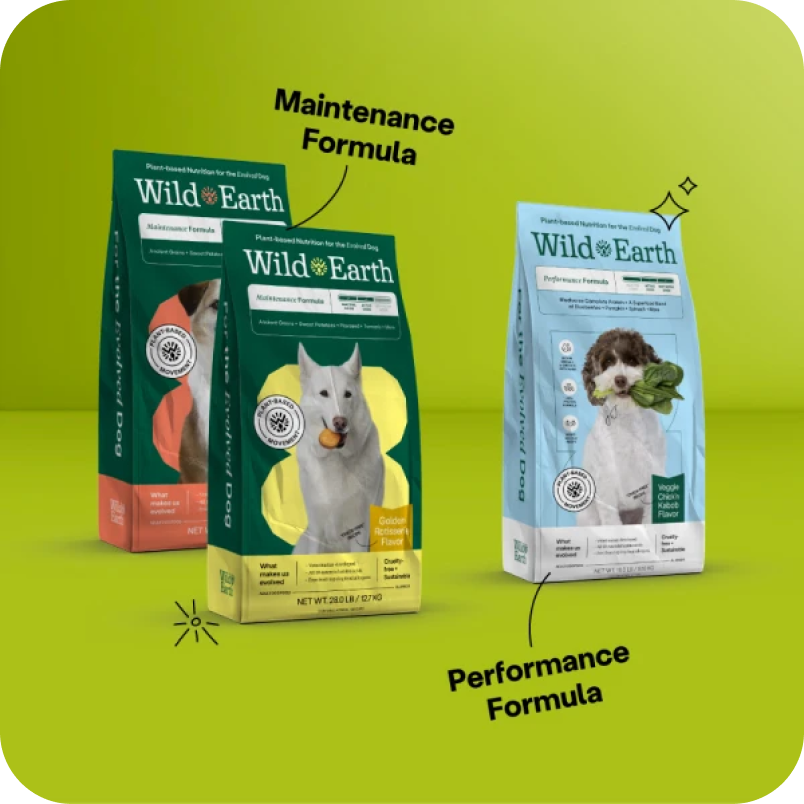














 Written by Jennifer Coates, DVM
Dr. Jennifer Coates spent her early years in the Washington, D.C., area before attending McGill University in Montreal, Quebec, Canada, for her undergraduate training in biology ecology, evolution, and behavior, with a minor in environmental sciences. After graduation, she worked for several years in the fields of conservation and animal welfare before returning to her first love, veterinary medicine. She graduated with honors in 1999 from the Virginia-Maryland Regional College of Veterinary Medicine and has been in practice in Virginia, Wyoming, and Colorado ever since.
Written by Jennifer Coates, DVM
Dr. Jennifer Coates spent her early years in the Washington, D.C., area before attending McGill University in Montreal, Quebec, Canada, for her undergraduate training in biology ecology, evolution, and behavior, with a minor in environmental sciences. After graduation, she worked for several years in the fields of conservation and animal welfare before returning to her first love, veterinary medicine. She graduated with honors in 1999 from the Virginia-Maryland Regional College of Veterinary Medicine and has been in practice in Virginia, Wyoming, and Colorado ever since.

